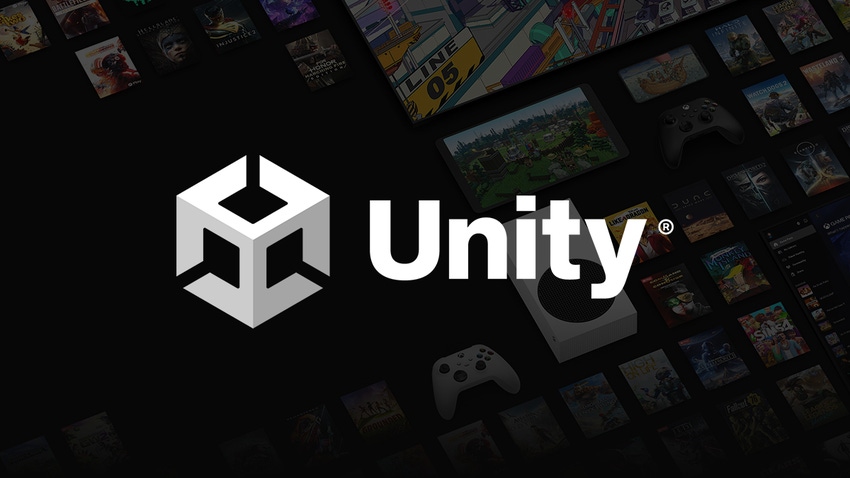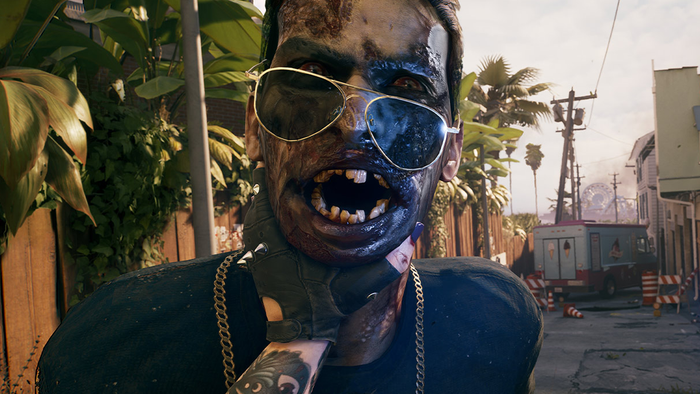Report: Unity's Runtime Fee quietly gave large devs exemptions in launch rush
Smaller studios would've taken the biggest hits from Unity's Runtime Fee policy, and also helped it retaliate against would-be merger partner AppLovin.

It's been over a month since Unity introduced its controversial Runtime Fee policy. Though it was eventually changed after intense backlash from developers across the game industry, a new report from MobileGamer seemingly shows the engine maker's true intentions with the policy.
Sources speaking to the outlet revealed that Unity's pricing policies could be "negotiated down," though this would really only be possible for its larger partners. Those bigger clients "will never pay that money," said one source, "because they’ll just go back to Unity, agree on a number...to get away with it."
"A lot of the outcry from indie devs was kind of misplaced, really. None of them are going to get anywhere near the $1m [threshold] anyway.”
Even so, developers of all sizes advised and pleaded with Unity to reverse its stance. A second source told MobileGamer that an unnamed major mobile publisher (said to be one of Unity's largest clients) met with then-CEO John Riccitiello after the policy's announcement.
That developer, according to the source, rather bluntly said (similar to Rust creator Garry Newman): "Fuck you, we're not paying."
Unity's policy had several ulterior motives
The larger goal with the Runtime policy was reportedly to eliminate AppLovin, a software platform which previously attempted to merge with Unity last year before talks fell through. At the time, AppLovin decided it would be better to maintain its own independence.
AppLovin is extremely popular, and, according to a third source, Unity hoped the Runtime Fee would be a "forcing agent to try and get back some market share." MobileGamer pointed out that Unity's stock has steadily declined since late 2021: stock was trading at $36 before the policy reveal, and now presently sits at just over $26.
"It was IronSource and Unity’s play to increase their mediation business," they continued. "Developers have been caught in the crossfire of this mediation war that’s been going on for a couple of years."
An unnamed large-scale mobile publisher alleged to MobileGamer that Unity offered it a "significant amount of money" to switch from AppLovin over to IronSource. (This reportedly took place shortly after Unity and IronSource merged.) The developer refused, and IronSource allegedly claimed it "will have to switch to IronSource in the future."
Despite all that's happened, at least one source told the outlet they don't think Unity's moves were made out of complete malice. "They need to do something to make more money. Sadly, it wasn’t delivered well, but the need to make more money is still there."
MobileGamer's full report on Unity's Runtime Fee policy can be read here.
About the Author(s)
You May Also Like













